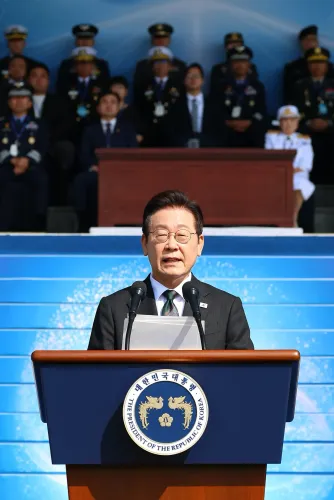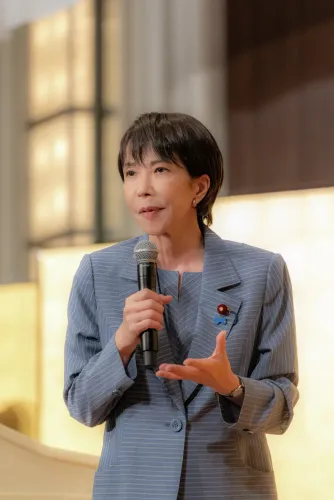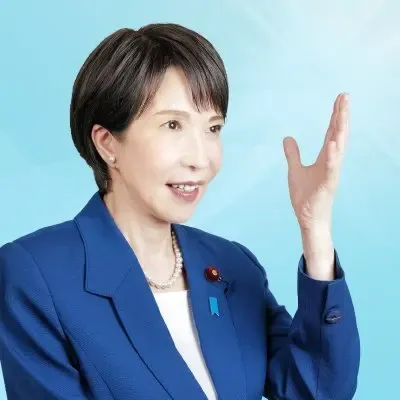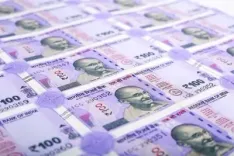How Are Trump's Tariffs Backfiring as Asia Responds?
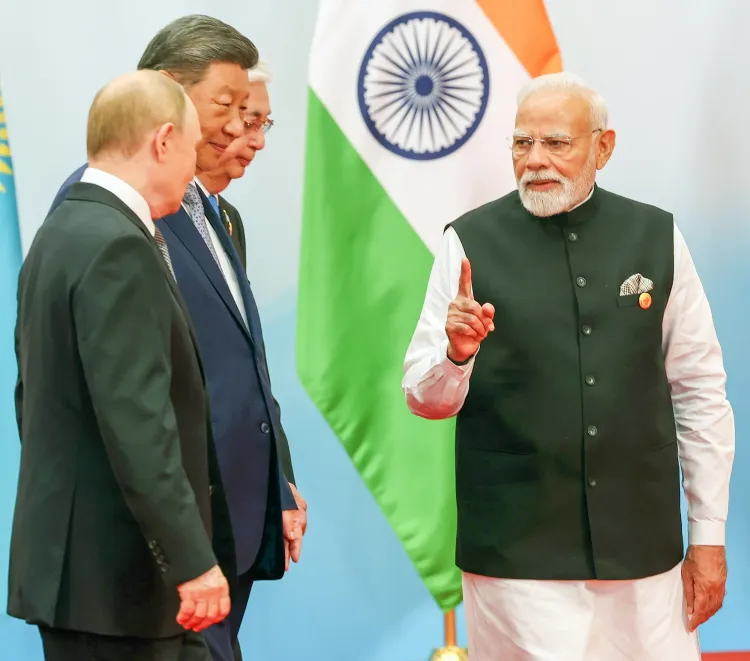
Synopsis
Key Takeaways
- Emerging Powers Unite: The SCO Summit showcased the collective strength of the Global South.
- Rejection of Unilateral Coercion: Leaders condemned US tariffs and advocated for true multilateralism.
- Technological Cooperation: A strong commitment to AI collaboration among SCO members was established.
- Financial Independence: The proposal for an SCO development bank aims to reduce reliance on Western financial aid.
- Shift in Global Dynamics: The summit signifies a notable shift in international relations towards multipolarity.
Washington: In a world increasingly characterized by multipolarity, the declining hegemon is determined to disrupt the international order through unilateral coercive measures. The Shanghai Cooperation Organisation (SCO) Summit, which took place from August 31 to September 1 in Tianjin, China, conveyed significant messages.
Since the return of US President Donald Trump, the global trade landscape has faced the brunt of US protectionist policies, including Trump's exorbitant tariffs on imports that contradict the free market principles established by the US itself.
Despite the US's attempts to maintain its diminishing unipolar status, its actions are inadvertently encouraging emerging powers to forge alliances and assert their independence from Euro-Atlantic geostrategic frameworks. The recent 25th SCO Summit is a testament to this shift.
Recently, Trump escalated the already high 25 percent tariffs on Indian imports to 50 percent, adding the extra 25 percent as penalties for purchasing crude oil from Russia. With China, the US currently exists in a fragile tariff truce, contingent on ongoing negotiations. Yet, last week, Trump threatened to impose a staggering 200 percent tariff on Chinese imports if Beijing restricted its supply of rare-earth magnets to the US. Meanwhile, Russia has been enduring sanctions since the onset of its conflict with Ukraine, which is supported by the US and other Western nations.
In this context, the image of Chinese President Xi Jinping, Russian President Vladimir Putin, and Indian Prime Minister Narendra Modi standing united at the summit of a regional security and economic coalition of Global South countries sends a clear message.
Speaking to over 20 leaders of non-Western nations, Xi Jinping criticized the “bullying” tactics, hegemonism, and Cold War mentality of bloc confrontation in the international arena, advocating for genuine multilateralism. Although no direct mention of the US and its tariff policies was made, the speeches by leaders such as Xi, PM Modi, and Putin, along with the Tianjin Declaration, clearly opposed unilateral coercive strategies, including economic measures that violate international norms established by the UN and the World Trade Organisation.
While the summit underscored the significance of multilateral institutions in security, economy, and trade, PM Modi emphasized the need for reform aligned with the aspirations of the emerging Global South. He poignantly stated, "To limit the aspirations of the Global South to outdated frameworks is to deny justice to future generations. The vibrant dreams of the new generation cannot be displayed on a monochrome screen. It's time to change the narrative." He asserted that the SCO can play a crucial role in championing authentic multilateralism and an inclusive global order, with its foundations built on Security, Connectivity, and Opportunity.
Beyond rhetoric, the summit featured Xi’s proposal for the Global Governance Initiative (GGI), which advocates for a just multipolar world order centered on the UN and its international rule of law, sovereign equality, and countering unilateralism through practical political, security, and economic collaboration. Furthermore, there was a commitment to create an SCO development bank to reduce member states' reliance on Western financial assistance that often comes with challenging conditions.
Moreover, China has committed $280 million in grants to SCO member states this year and $1.4 billion in loans to SCO Interbank Consortium members over the next three years. The joint declaration also highlighted the members’ dedication to AI cooperation, showcasing their unified intent to develop mechanisms for technological advancement, innovation, and, crucially, autonomy.
Thus, what was meant to reinforce US hegemony under Trump's administration has dramatically backfired, resulting in precisely what Washington feared—a strengthened collective of the Global South. The collaboration between India and China, historically strategic rivals, not only illuminates the breadth of Washington’s miscalculations but also signifies the seriousness of this emerging coalition of Asian powerhouses.
Through a vigorous endorsement of multilateralism, collectively establishing financial alternatives, and actively pursuing technological collaboration, Asia’s leading nations have crafted a formidable counter-narrative to US hegemony. The Tianjin SCO Summit conveyed an unmistakable message: unilateral coercion will not go unchallenged in a multipolar global order.

